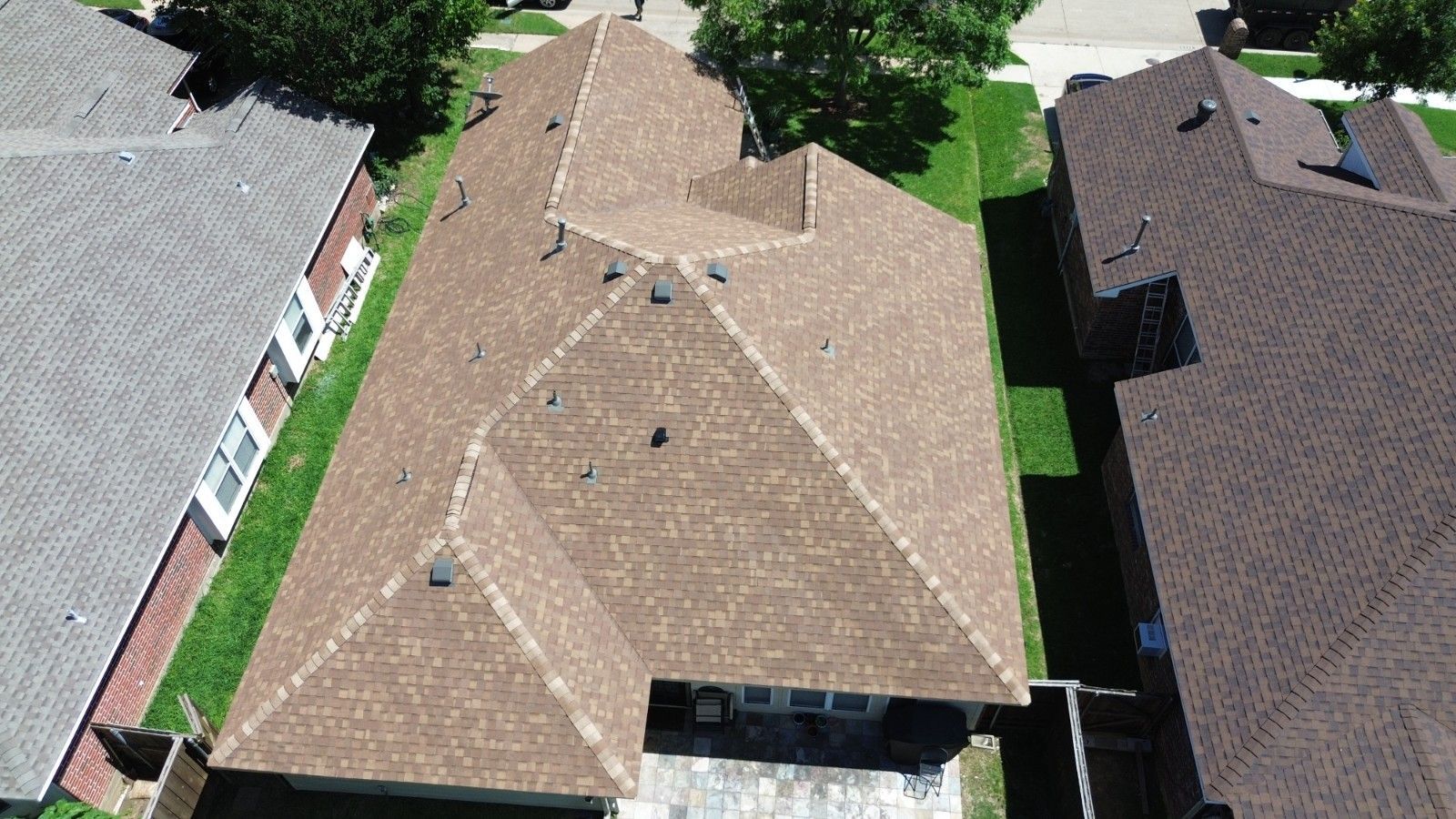How to Choose Roofing Contractor in Pilot Point
When selecting a roofing contractor in Pilot Point, you want someone who understands North Texas weather patterns and local building requirements. The right contractor will have extensive experience with hail damage, high winds, and the unique challenges that Texas clay soil can present to your home's foundation and roofing structure.
1. Verify Licensing and Insurance Coverage
Your roofing contractor must carry proper licensing and comprehensive insurance coverage. In Texas, contractors should have both general liability insurance and workers' compensation insurance. This protects you from liability if accidents occur during your roofing project and ensures that any property damage is covered during the installation or repair process.
Ask to see current certificates of insurance and verify the coverage amounts. A reputable contractor will readily provide this documentation and won't hesitate to show proof of their credentials. Marvel Restoration maintains full licensing and insurance coverage, giving our residential roofing services in Pilot Point clients complete peace of mind throughout every project.
Additionally, check with the Better Business Bureau and online review platforms to verify the contractor's reputation and track record. Look for patterns in customer feedback, particularly regarding communication, timeliness, and quality of work completion.
2. Evaluate Experience with Local Weather Conditions
Pilot Point experiences severe weather events including hail storms, high winds, and occasional tornadoes. Your roofing contractor should have extensive experience handling storm damage restoration and understand which materials perform best in North Texas conditions. Look for contractors who can show you completed projects in your immediate area.
Experience with insurance claims is equally important. A knowledgeable contractor will understand the claims process, know how to document damage properly, and can work directly with your insurance adjuster to ensure fair compensation. They should be able to explain the difference between cosmetic damage and functional damage, and help you understand what your policy covers.
Ask potential contractors about their experience with materials that perform well in Texas heat, including reflective shingles, impact-resistant options, and proper ventilation systems that help manage attic temperatures during summer months.
3. Request Detailed Written Estimates
Professional roofing contractors provide comprehensive written estimates that break down materials, labor, permits, and timeline expectations. Be wary of contractors who provide only verbal estimates or pressure you to sign immediately. A detailed estimate should include specific material brands, quantities, and warranty information.
Compare estimates from multiple contractors, but don't automatically choose the lowest price. Extremely low bids often indicate corners will be cut on materials quality, proper installation techniques, or adequate cleanup. Focus on value rather than just cost, considering the contractor's reputation, material quality, and warranty offerings.
For storm damage restoration services in Pilot Point , ensure the estimate includes proper damage assessment, debris removal, and coordination with your insurance company throughout the repair process.
Local Advantages of Pilot Point Contractors
Working with a local Pilot Point roofing contractor offers distinct advantages including faster response times for emergency repairs, familiarity with local building codes and permit requirements, and established relationships with local suppliers for quicker material delivery. Local contractors also understand the specific challenges that North Texas clay soil presents, including foundation movement that can affect roofing alignment.
Local contractors maintain their reputation within the community and depend on word-of-mouth referrals from satisfied customers. They're more likely to stand behind their work long-term since their business success depends on maintaining positive relationships with neighbors and community members. This local accountability often translates to higher quality work and better customer service throughout your project.
